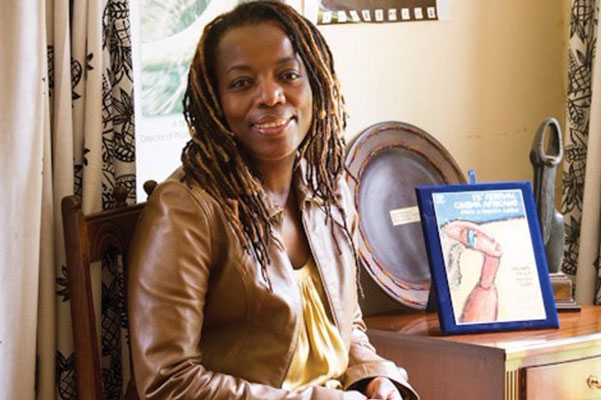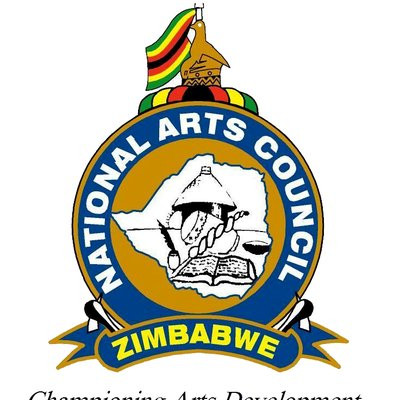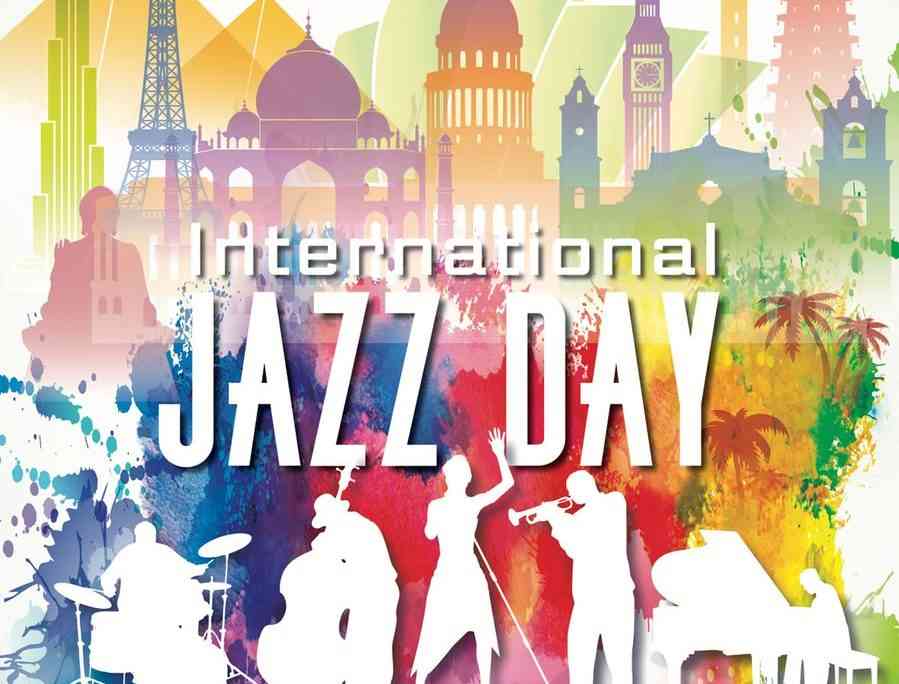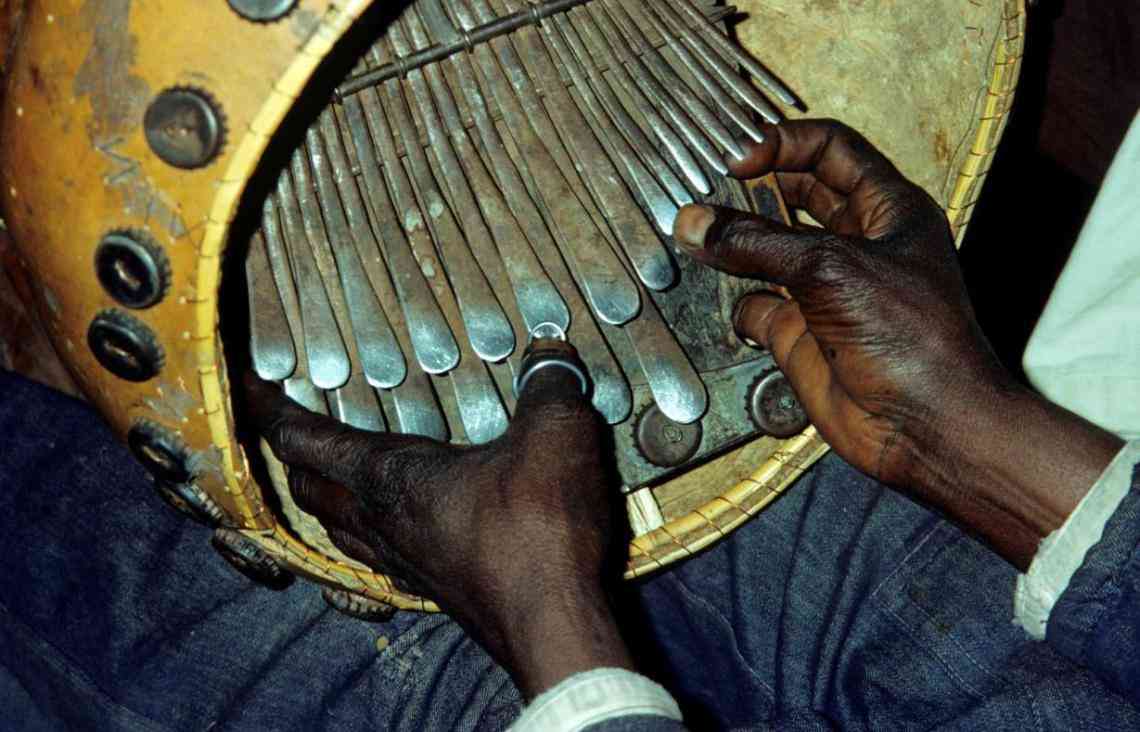
Tsitsi Dangarembga is one of Zimbabwe’s renowned authors and filmmakers whose contribution to the development of film and book industry is immense. She has won several awards along the way for some of her films, with her novel, Nervous Conditions, scooping the Commonwealth Writers Prize for Africa in 1989. Dangarembga speaks to NewsDay (ND) features & lifestyle editor Phillip Chidavaenzi on her journey in the country’s creative industry.
Sneak Peek: Phillip Chidavaenzi

ND: You were recently announced the curator for Berlin African Book Festival 2019. How did it come about?
TD: This means I will be inviting the guests and creating the programme for the 2nd Berlin African Book Festival. The energetic young women who run the programme simply wrote to me and asked if I would curate. I was happy to accept their invitation.
ND: And what does it mean for Zimbabwe, if anything?
TD: The focus of the 2019 edition of the Berlin African Book Festival is on Zimbabwe. The theme is Transitioning from Migration. This incorporates an idea that Zimbabwe is in transition, and hopefully a transition that will decrease the flow of immigrants from Zimbabwe to other countries. Zimbabwean writers will be the majority of the guests.
ND: When you look at the publishing industry in Zimbabwe at the moment, what is your feeling?
TD: I am a little discouraged. Zimbabweans no longer read as much as they used to and the absence of disposable income to spend on anything but basics means that books are the first casualty. I do not know how the publishing industry can recover without recovery in the general economy that will provide Zimbabweans with cash that they can spend on books.
- Chamisa under fire over US$120K donation
- Mavhunga puts DeMbare into Chibuku quarterfinals
- Pension funds bet on Cabora Bassa oilfields
- Councils defy govt fire tender directive
Keep Reading
ND: Internationally, publishing and film-making are multi-billion dollar industries. Where would you say we are missing the point in Zimbabwe?
TD: The creative sector has not been allowed to develop as a sector that has value in itself. The arts have been captured in service of the State. This is why you see, for example, that the little national funding there is for audio-visual production is carried out by the Broadcasting Authority of Zimbabwe. It is all about obtaining content rather than enabling talented Zimbabwean story tellers to tell their stories. When the broadcaster is partisan, as in our case, good story telling will be sacrificed to partisan priorities that have little to do with creating good stories.
ND: After Nervous Conditions, you gave us The Book of Not and now, This Mournable Body, to make a trilogy. What has the journey been like?
TD: It’s been a challenging journey. I was writing more or less on my own with no formal professional support for many years. In Zimbabwe, there are no residencies or funding bodies that enable a writer to work. I had almost given up when I posted excerpts of This Mournable Body on Facebook in 2014. Ellah Wakatakama-Allfrey read the excerpts and reached out to me. She offered to read it and waive all fees, which she did. Her support and encouragement was a huge blessing that changed my life. I was blessed to receive a Rockefeller Foundation Bellagio Centre Residency Fellowship in 2016. This was courtesy of another sister, fellow writer Yewande Omostoso, who head-hunted me.
ND: There is general consensus that the issues you were seized with, particularly the way patriarchal society tends to suppress women and their ambitions, are still with us. Have you seen any shift at all from the time Nervous Conditions was published?
TD: I have seen some positive shifts in women’s emancipation since I wrote Nervous Conditions. There are more spaces open to women now and women are moving into areas that were closed to them decades ago. However, there is still much ground to be covered. One of my concerns is that women who occupy new spaces and who have power in these spaces do not often work to empower other women. They then effectively become the women who show that gender equality has been achieved, thus blocking access for other women. Often women who succeed consider that the space for successful women is limited, and so they are wary of other women coming to take up some of that space.
ND: Generally, artists are considered opinion leaders. Would you say your works have in any way contributed to society’s development?
TD: I do not think that artists in Zimbabwe are seen as opinion leaders because the arts are looked down upon in this country. Generally, there is a perception that people who have failed at other professions become artists for lack of anything else to do. Nothing — at the best much too little — is done to ensure their ability to produce at a high level and to sustain their livelihoods. Their products are regarded as “mere entertainment”. Having said that, I do think that my works have contributed to developing a consciousness about gender equality. Many young women from Zimbabwe and further afield have told me that my work was life-changing for them.
ND: Countries like Nigeria and South Africa seem to be doing well in terms of film compared to Zimbabwe. Where is the problem?
TD: Nigeria and South Africa recognise the contribution of the creative pursuits to the national agenda both economically and phenomenologically. These countries are aware that the fourth industrial revolution is essentially a creative one. It is not so much about developing a process that will be replicated, but about constantly developing new processes and means of these processes in the digital space. Creative economy thus embraces a wider definition of the creative sector than an arts economy, although the arts economy is part of that definition. In Zimbabwe, neither the private sector nor government has shown any capacity to recognise the arts and do what is needed to ensure a vibrant creative economy.
ND: Why is that so?
TD: My assessment is that government wants to control everything and is afraid of a creative economy that might produce products that could impact negatively on its grip on power. This fear would be mistaken if it exists. Most artists do not like to create propaganda as this is a shallow kind of creative engagement.
ND: The Book of Not, the sequel to Nervous Conditions (1988) was only published in 2006, followed by This Mournable Body in 2018, to complete the trilogy. Would you say your writing somewhat suffered as you paid more attention to film?
TD: Nervous Conditions was not published for many years after I finished writing it. I had given up on a writing career and was on my way to film school when it was finally published. At film school I had to put prose writing on hold because the narrative techniques are completely different. I took up prose writing again after film school. So the real factor that had a negative impact on my writing career was not being able to find a publisher for many years.
ND: Everyone’s Child was the first feature film directed by a black Zimbabwean woman. Can you recall how you felt when it came out?
TD: I was not particularly excited when Everyone’s Child came out. It was a commission that I was contracted to do by Media for Development Trust in the genre of the development film. The development film is a highly dangerous genre because it constructs Africans not as people but as problems that have to be solved. This construction is not one we give to ourselves and to our films of our own volition.
ND: Who provides that construction?
TD: It is a construction conceived by people from other parts of the world who have created the development discourse and industry. By watching such constructions of ourselves, we also come to think of ourselves in such a way. Of course, I was glad for the opportunity to work it afforded me in 1995, even if the opportunity was more about experience than earning. But I will be excited when I make and release my own feature film. This hasn’t happened yet.
ND: But did it break the ground for more female filmmakers?
TD: No, it didn’t. I prefer not to comment any further on those development films.
ND: There has been a lot of concern regarding lack of funding for the film industry. Who is supposed to fund it?
TD: The government is the ultimate enabler of all endeavours. This enabling means acting to make funding available where necessary. Where government does not have specific specialist knowledge to identity the pathways and means, it needs to engage with those who have. Through such engagement, best practices for the funding of film can be established. We hear that the Zimbabwean economy is based on agriculture and mining. Without detracting from the importance of these sectors, I would urge our government to expand their vision a little. In Nigeria, the film industry is now the second biggest employer after agriculture.
ND: You also founded the International Images Film Festival for Women in Zimbabwe (IIFF). Would you say you have fulfilled that objective?
TD: The idea behind IIFF was to start a film programme that centred around African women. It was not possible then to obtain production funding for African women’s films in our part of the world. It was more feasible to organise an exhibition platform. This is what I did. I had seen that this was in fact a necessary step because in the late 1990s there were few women in Zimbabwe who had the requisite skills for filmmaking. By watching films in which at least one of the three main characters is female — as is the case with the films screened at IIFF outside the World’s View section — aspiring filmmakers could see how the films are made and also feel empowered as women. The festival was also a vehicle for training workshops that capacitated local women with film-making skills.
ND: Looking at the Zimbabwe International Book Fair, there have been concerns that it has lost its yesteryear glory. What’s your take on that?
TD: As with all areas of enterprise in Zimbabwe, outcomes that contribute to the thriving of the nation will only occur if the best people for the job are employed to administer the enterprise and when the best people are given the latitude and support required for success. Where other factors, such as political affiliation are prioritised, the only entity that will thrive is the political institution making the appointments.
ND: Your parting shot?
TD: Zimbabwe does not have much time. Creative economy markets are finite. If Zimbabwe does develop holistic systems of skills transfer, production and exhibition and distribution soon that enable it to focus on sustainable production and marketing of international standard products, we will find that the markets are saturated when we finally start producing at the required level.
Most African countries are producing at a higher level than we are in spite of our vast talent. Zimbabwe needs to wake up and catch up.











